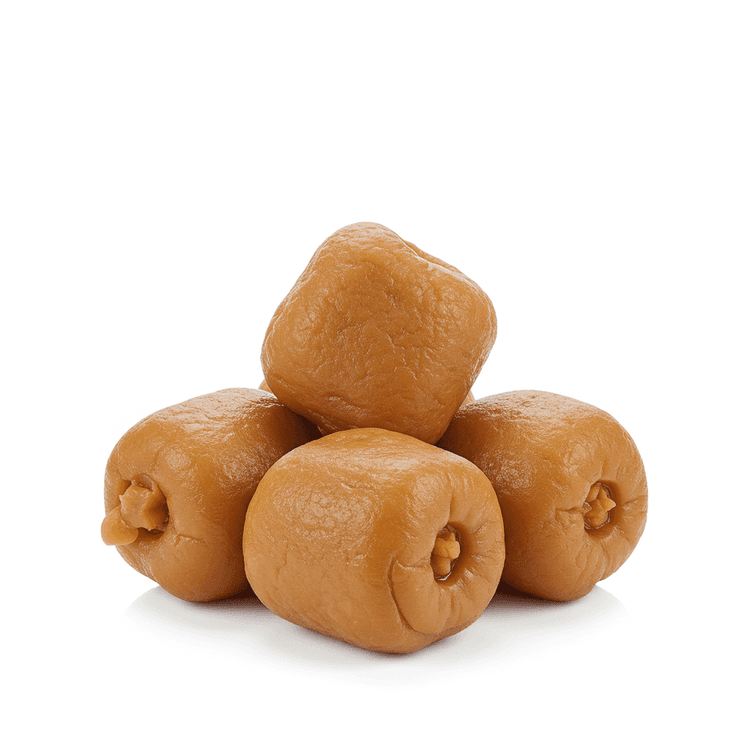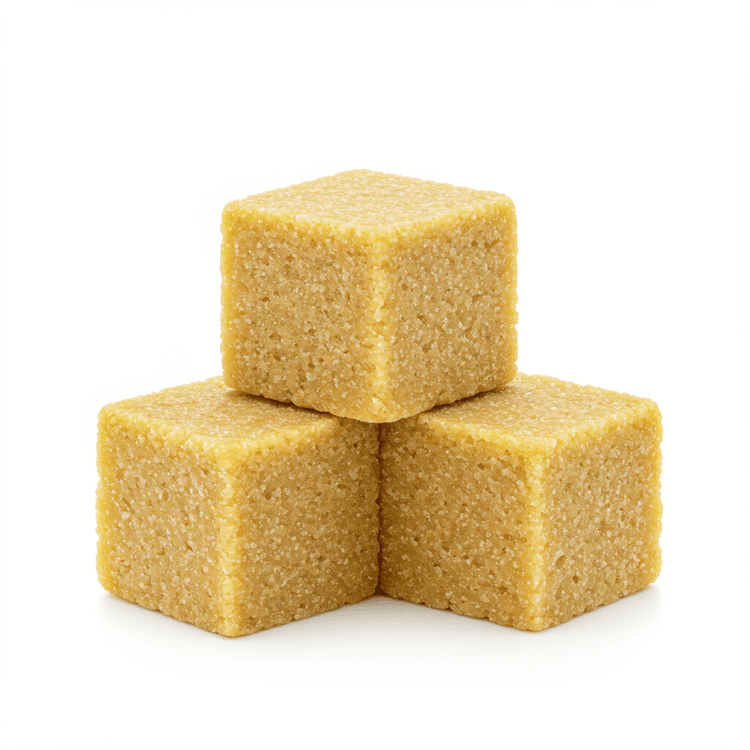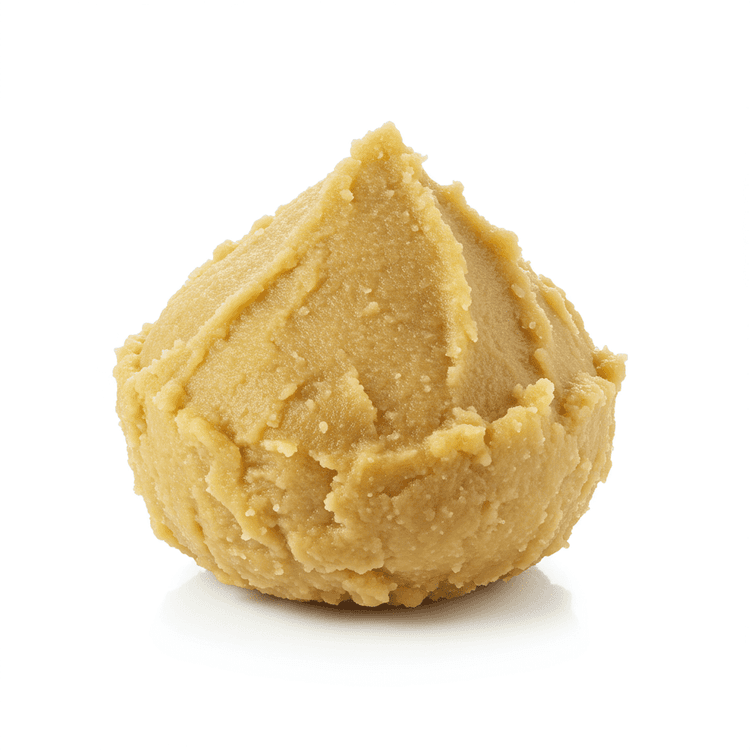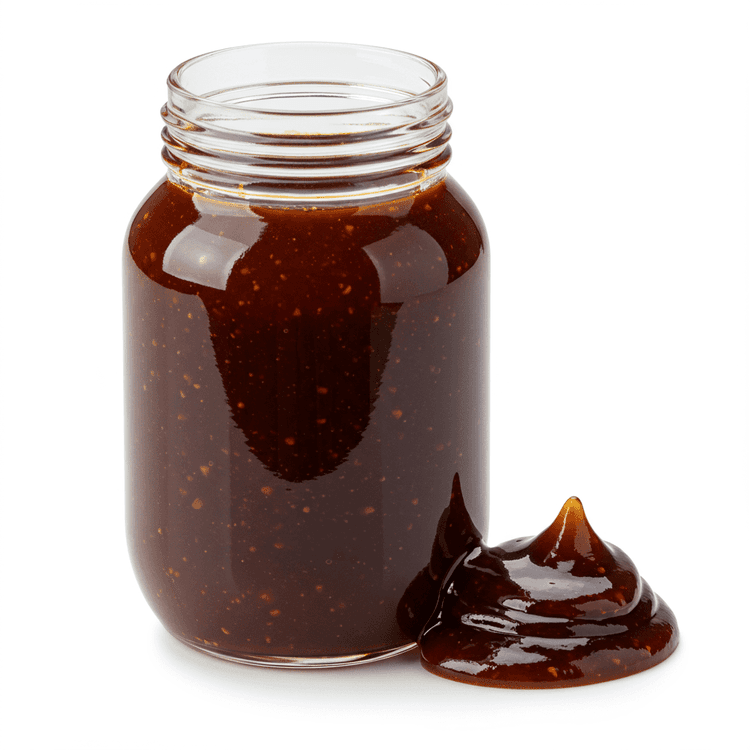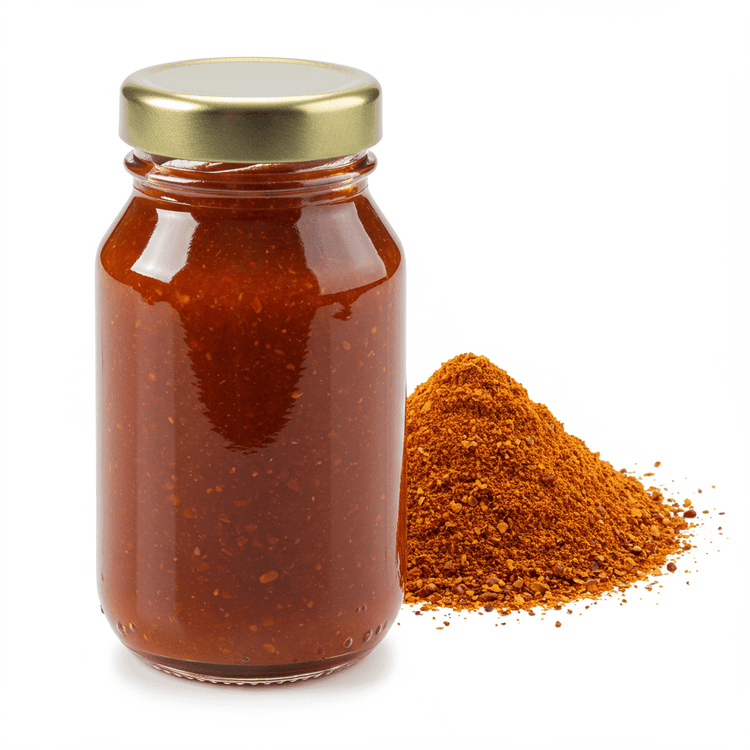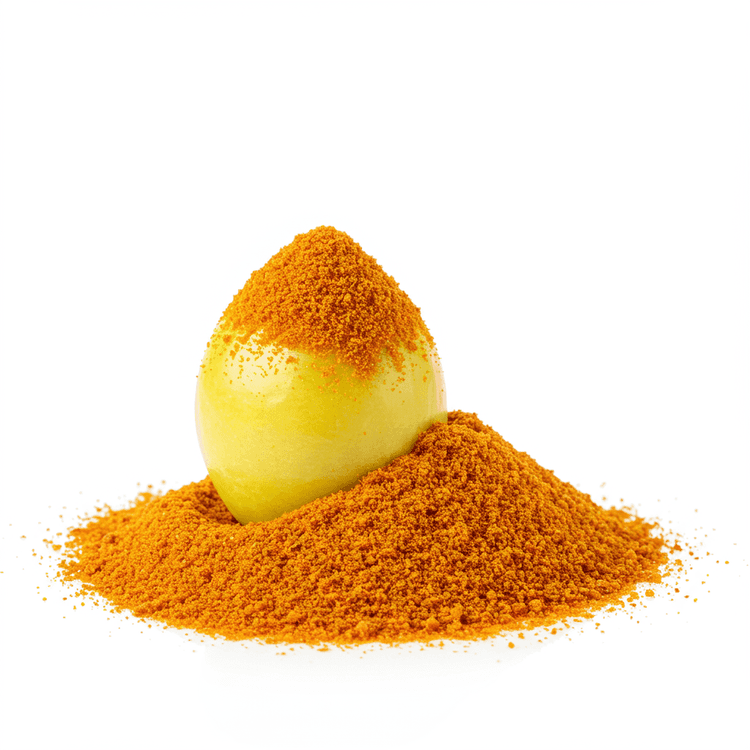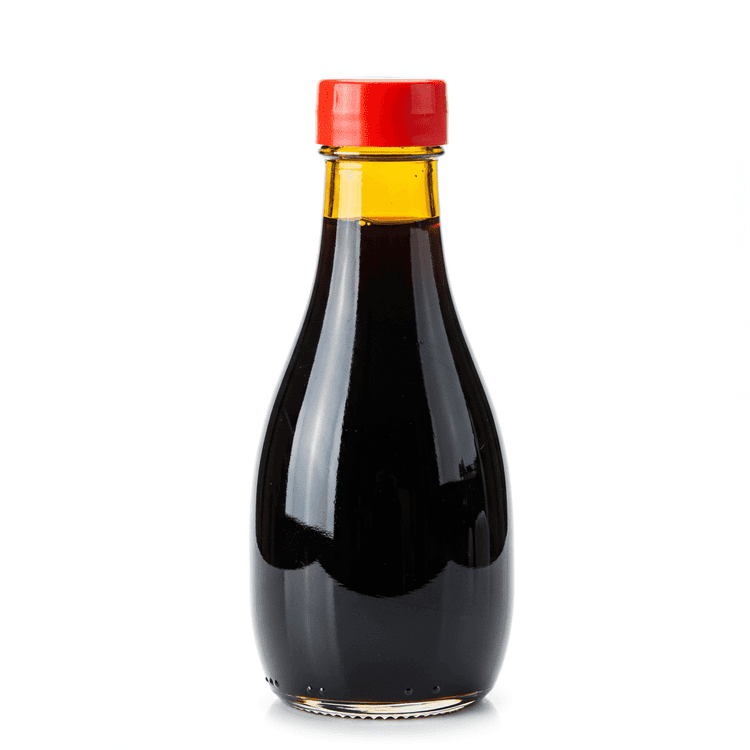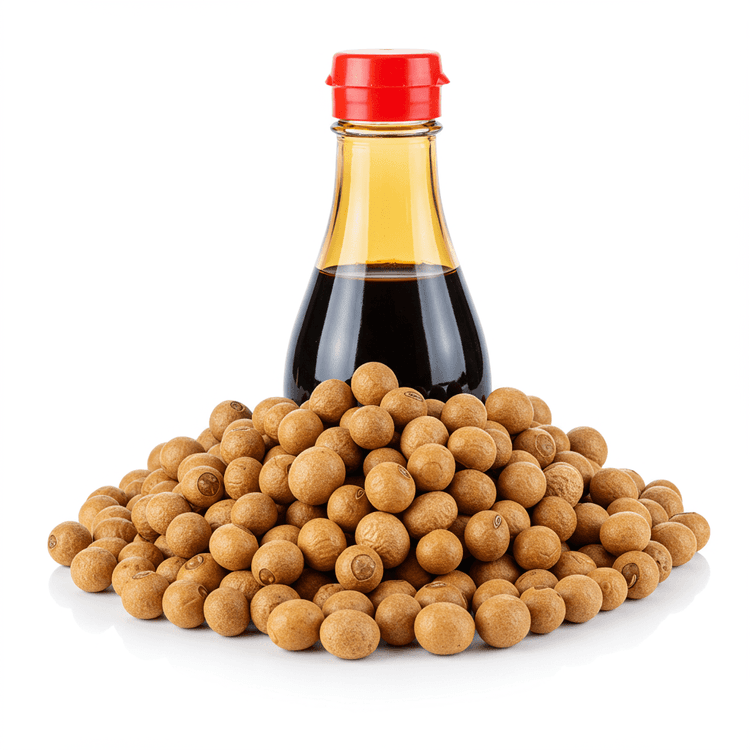
Soy Sauce
Soy sauce is a dark brown, savory liquid condiment made from fermented soybeans, wheat, salt, and water. It boasts a complex umami flavor profile, with salty, slightly sweet, and tangy notes. Its thin, almost watery texture and rich color make it a versatile ingredient for adding depth and enhancing the flavor of countless dishes. Discover the authentic taste of traditionally brewed soy sauce, a staple in Asian cuisines and beyond.
Common Uses
- Marinades: Use soy sauce to create flavorful marinades for meats, poultry, seafood, and vegetables, tenderizing and infusing them with savory umami notes.
- Stir-fries: Add a splash of soy sauce to stir-fries for an instant boost of flavor, creating a delicious and balanced dish with vibrant flavors.
- Dipping sauce: Serve soy sauce as a simple dipping sauce for sushi, dumplings, spring rolls, and other appetizers for a salty and savory complement.
- Soups and broths: Enhance the depth of flavor in soups and broths by adding a dash of soy sauce, creating a richer and more complex taste.
- Glazes: Create sweet and savory glazes for roasted meats or vegetables by combining soy sauce with ingredients like honey, ginger, or garlic, adding a glossy finish.
- Seasoning: Use soy sauce as an all-purpose seasoning for various dishes, including rice, noodles, and vegetables, adding a salty and umami kick.
Nutrition (per serving)
Nutrition (per serving)
Calories
53.0kcal (2.65%)
Protein
5.6g (11.2%)
Carbs
6.2g (2.25%)
Sugars
1.0g (2%)
Healthy Fat
0.0g
Unhealthy Fat
0.0g
% Daily Value based on a 2000 calorie diet
Nutrition (per serving)
Calories
53.0kcal (2.65%)
Protein
5.6g (11.2%)
Carbs
6.2g (2.25%)
Sugars
1.0g (2%)
Healthy Fat
0.0g
Unhealthy Fat
0.0g
% Daily Value based on a 2000 calorie diet
Health Benefits
- Rich in antioxidants which help combat free radicals.
- Contains essential amino acids necessary for bodily functions.
- Low in calories and carbohydrates when used in moderation.
- May contribute to gut health due to fermentation process.
- Can enhance the flavor of dishes, potentially reducing the need for added salt.
- Some studies suggest potential anti-allergenic properties from certain soy sauce components.
Substitutes
Chefadora AI is here.
Experience smarter, stress-free cooking.
Storage Tips
Unopened soy sauce can be stored in a cool, dark pantry at room temperature for an extended period. Once opened, it's best to refrigerate soy sauce to preserve its flavor and prevent spoilage, though it can remain at room temperature if used frequently. Make sure the bottle is tightly sealed after each use to minimize oxidation and maintain its quality over time.
Marnirni-apinthi Building, Lot Fourteen,
North Terrace, Adelaide, South Australia, 5000
Australia


